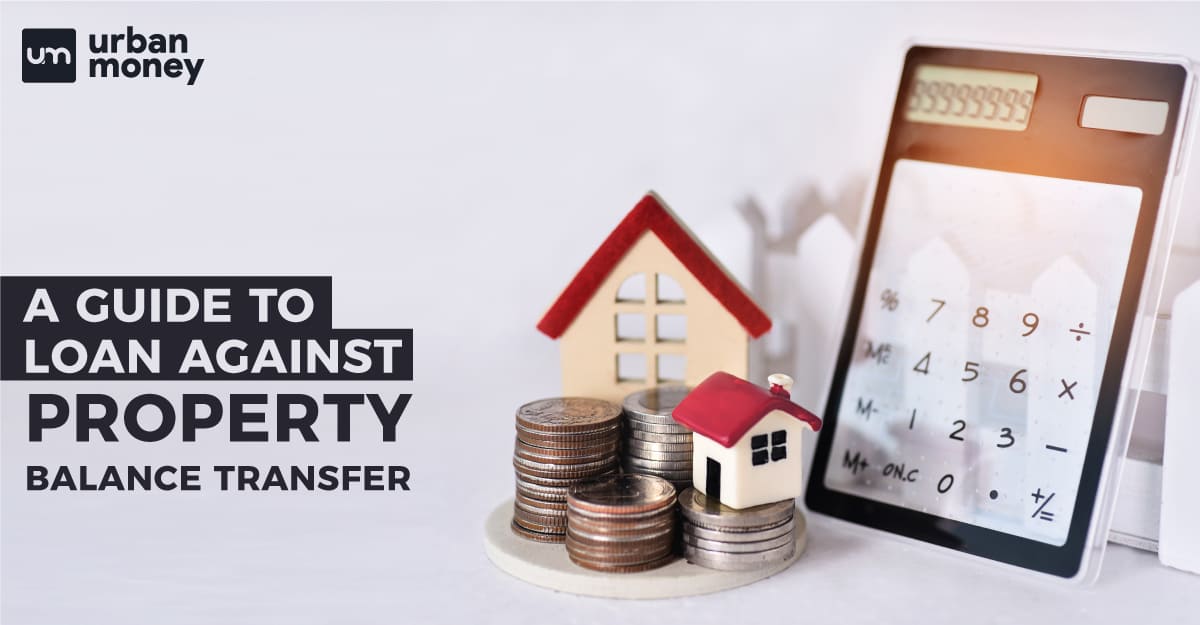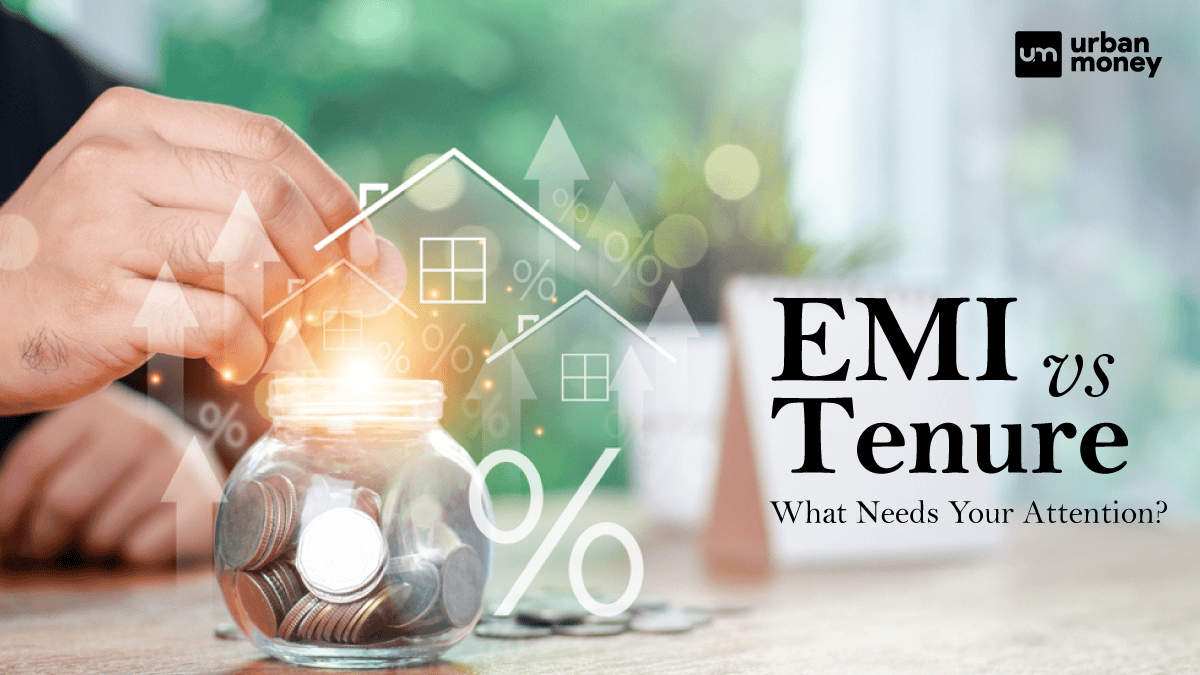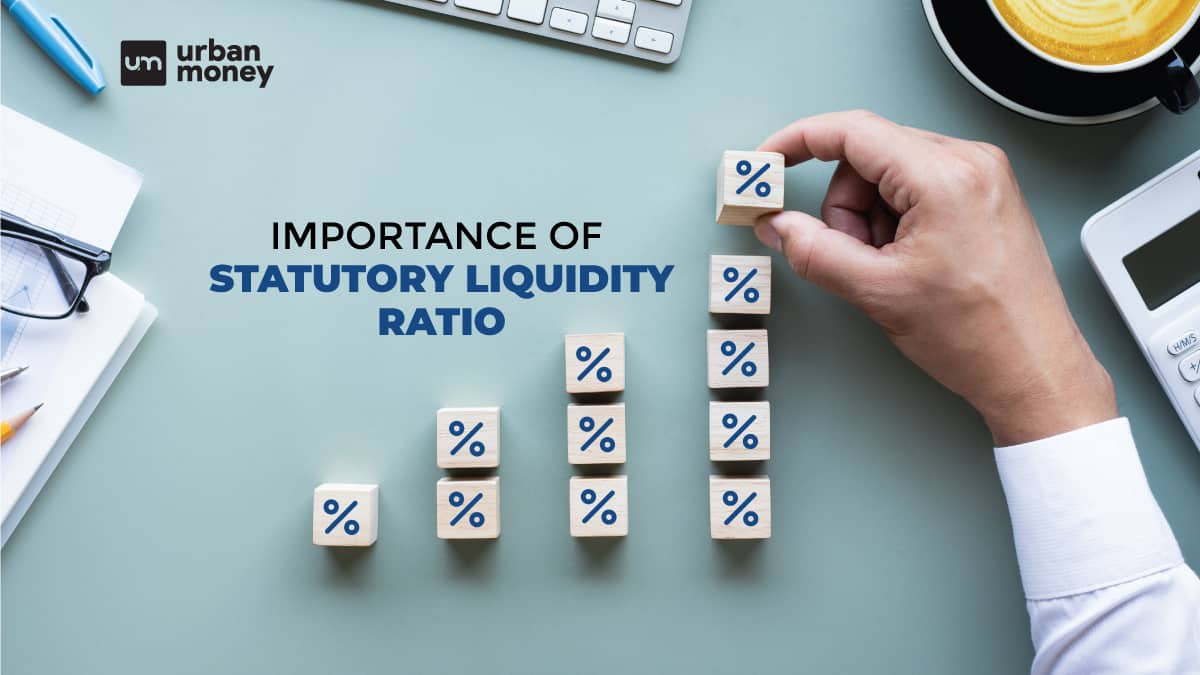Top 10 Best Private Banks in India List 2025
January 09, 2025
LAP Archive | Key Deciding Factors of Loan Against Property Interest Rate

January 12, 2022


One of the most secure ways of lending is Loan Against Property (LAP). It provides an affordable funding key for a number of expenses. This secure loan method allows the borrower to keep their immovable property as collateral for lending the money. Here, if the borrower is unable to pay the loan back in the repayment tenure, the ownership of the property will be transferred to the creditor.
LAP does not ask for the ownership of property from the borrower until the repayment tenure is over. This makes LAP a preferred lending option, especially among the property owners, to finance big-ticket loans and balance the entity’s cash flow.
LAP is a secured loan, hence, it offers Low LAP interest rate as compared to other unsecured loans, such as student loans.
In this article, we shed light on the factors that affect the loan against property interest rates
Table of Contents
ToggleConsidering the loan against property interest rate is one of the prime focuses of the borrowers, it is a high value loan where the lending amount can be in crores. Hence, there are factors that can influence the LAP interest rate. The interest rate of a loan against property depends upon factors like the CIBIL score, previous loan payment history, market value of the property, and the loan amount.
After checking the major factors, the financial institutions or lenders decide the rate of interest on the loan against property. Hence, it is important to know about the factors that affect the loan against a property interest rate.
Depending upon the creditor and the debtor’s credit profile’s risk assessment, the LAP interest rate might change. The creditor assesses the location of the property and the condition of the property decided as collateral. The LAP interest rate is also decided by the factors like tenure of repayment and loan amount that the debtor chooses.
Below is the list of factors that affect the LAP interest rate:
CIBIL Score, also known as Credit score, plays a significant role in the eligibility factor for Loan Against Property. It is also significant in determining the interest rate of a loan against property. The score determines the creditworthiness of the borrower. A score of 750 to 900 is determined as a high level of borrower’s creditworthiness.
When a borrower wants to get a loan against the property interest rate, they should have a credit score of 750 or above.
As from the seat of the creditor, a low credit score determines low creditworthiness and also identifies the credit as a high-risk applicant. As a result of low creditworthiness, the creditor will imply a high LAP interest rate on the debtor. Additionally, if the credit score of the applicant is far lower, then the lender will turn down their application for a loan against the property.
The applicants should know that the lender will offer about 70-70% of the property’s value as a loan in LAP, income of the applicant, repayment capacity of the applicant, and the market value of the property that will be mortgaged among the other LAP factors. The applicant will have to determine the property’s market value as the lender will analyze various factors that include age and location of the property, the surroundings in which it is located and more.
LAP interest rate is primarily influenced by the property that will be mortgaged. Therefore, the lender will analyse every part of the property. These parts include the property type – commercial or residential, location, age, value, surroundings, overall condition and market value.
The LAP interest rate is different for both commercial and residential properties because they both have different values and nature. Hence, it brings a varied interest rate for the LAP. Along with the type, the condition is another important factor. The worn-out and old building will have a higher interest rate whereas the new building in excellent condition will lead to low LAP interest rate.
The details of the applicant, such as age, residence, occupation, monthly income, etc. will impact the interest rate of loan against property. The complete profile of an applicant plays a deciding factor in the LAP interest rate.
In case the applicant is just a few years away from their retirement period, they will be given higher interest rates and EMI payments with short repayment tenure. While someone young in their career or jobs will get better deals on EMIs and repayment tenure of LAP.
In general, the lenders ask for a low loan against property interest rates for the salaried applicants, as they have a fixed source of income to recover from. While the self-employed applicants will be asked for high interest rates as their income is irregular. The LAP eligibility criteria along with the interest rate will vary depending upon the financial institution.
The repayment tenure is another deciding factor in the LAP interest rate and also the subsequent EMIs. The applicant should be aware of the fact that it is a long-term loan option with continuous EMI payments for up to 10 to 15 years. The longer the repayment tenure, the lower the EMIs and vice versa. Some creditors will ask for a higher interest rate on loan against the property if it is availed for a shorter tenure.
Loan against property offers numerous benefits to the borrowers, some of which are listed below:
If the borrower has taken the LAP for building their new house, up to ₹ 2 lakhs of tax benefits can be availed under the Income Tax Act section 24.
Also, the borrowers can get tax benefits on the loan against the property interest rate under the Income Tax Act Section 31.
As the loan against property involves collateral security, it becomes easy to compare it to the unsecured loan options. Also, there is less required documentation with some financial institutions. The application and approval become easy with the doorstep services of some financial institutions.
The loan amount that the borrower receives under this loan depends upon the market value of the property. This amount could go up to ₹ 5 crores and more. Hence, LAP offers a high amount of loan to the borrower. LAP is a hassle-way method to avail a high amount of loan by mortgaging your asset.
LAP is a secured loan option for borrowers. Hence, the loan against property interest rate is comparatively lower than the other loan options. This low interest rate results in a lower EMI amount with the less financial burden on the borrower.
Even though the eligibility criteria are different for both businesses and individuals, they are easy to meet. The main eligibility criteria used are age, income, financial stability, etc.
LAP offers a flexible repayment tenure to the borrowers depending upon the market value of the property. Most lenders will give loan repayment tenure up to 20 years. This tenure is significantly longer than the other loan options’ tenure. With longer repayment tenure, it offers a low LAP interest rate and vice versa. This reduces the financial pressure from the shoulders of the borrower.
A loan against property is a good idea to avail loan in a secured way. The eligibility criteria depend upon several factors and details provided by the borrower. Every financial institution has its own set of eligibility criteria and requirements. Hence, it is better to compare what various financial institutions offer before settling for one.
The repayment tenure of a loan against property can range from 2 years to 20 years from the date the amount is disbursed.
The loan against property interest rate varies from 8% per annum to 25% per annum. Each financial institution offers a different LAP interest rate.










© 2025 www.urbanmoney.com. All rights reserved.

Need Loan Assistance?

Thank you for showing your interest. Our agent will get in touch with you soon.

















